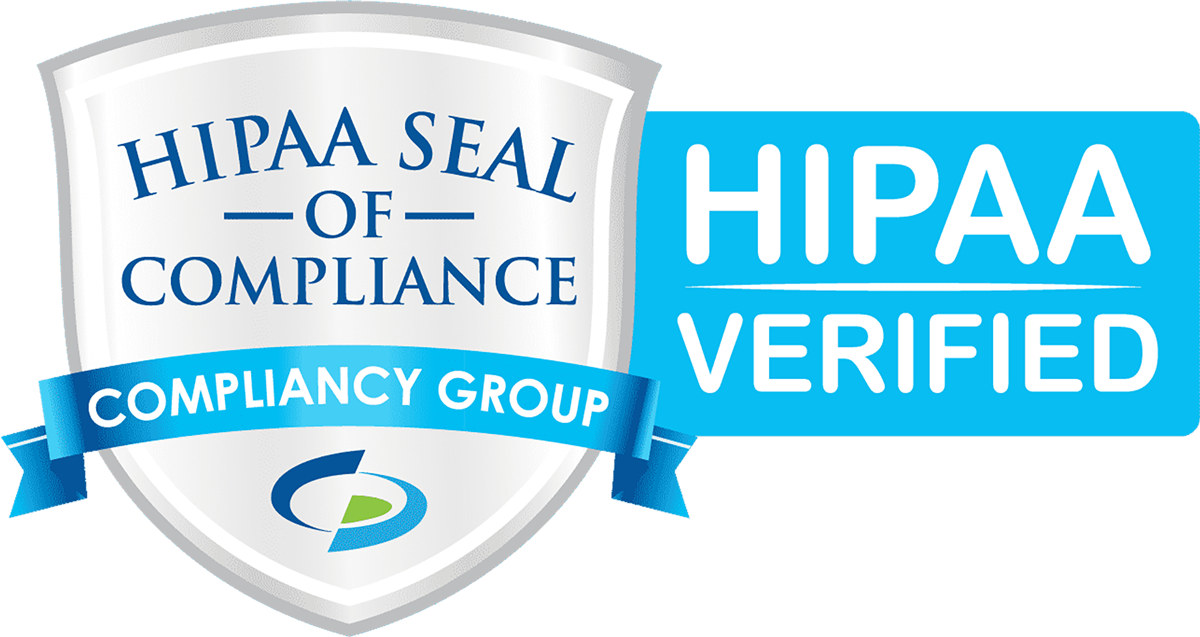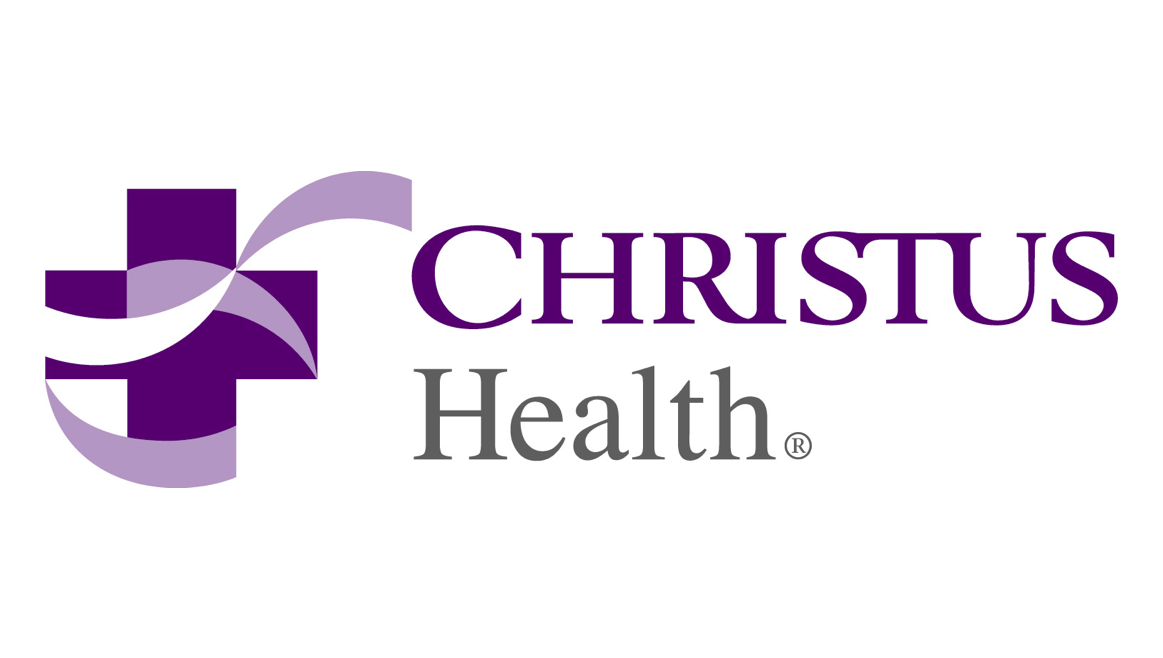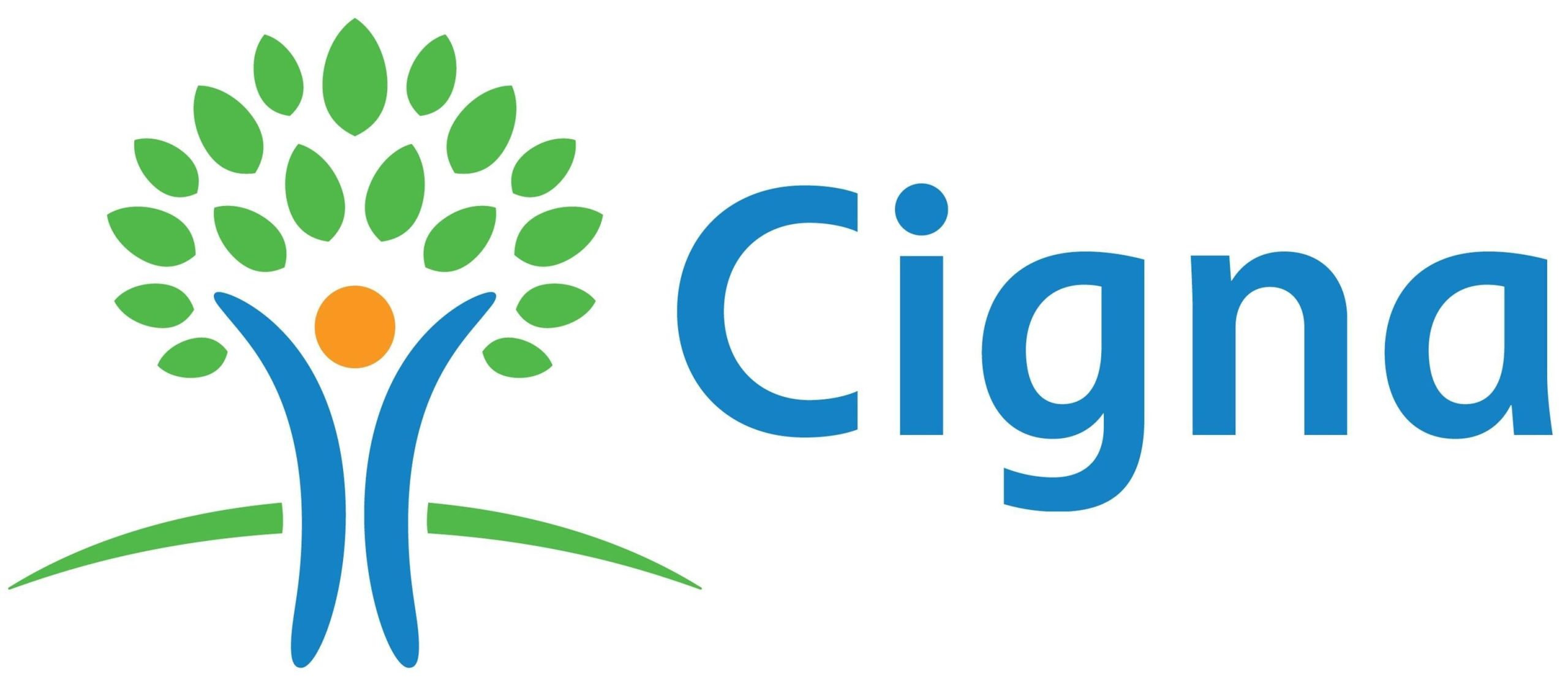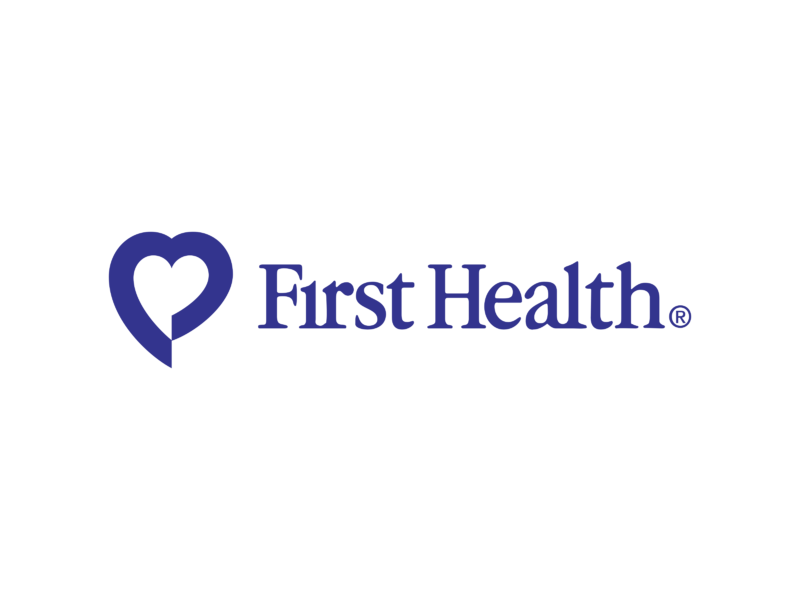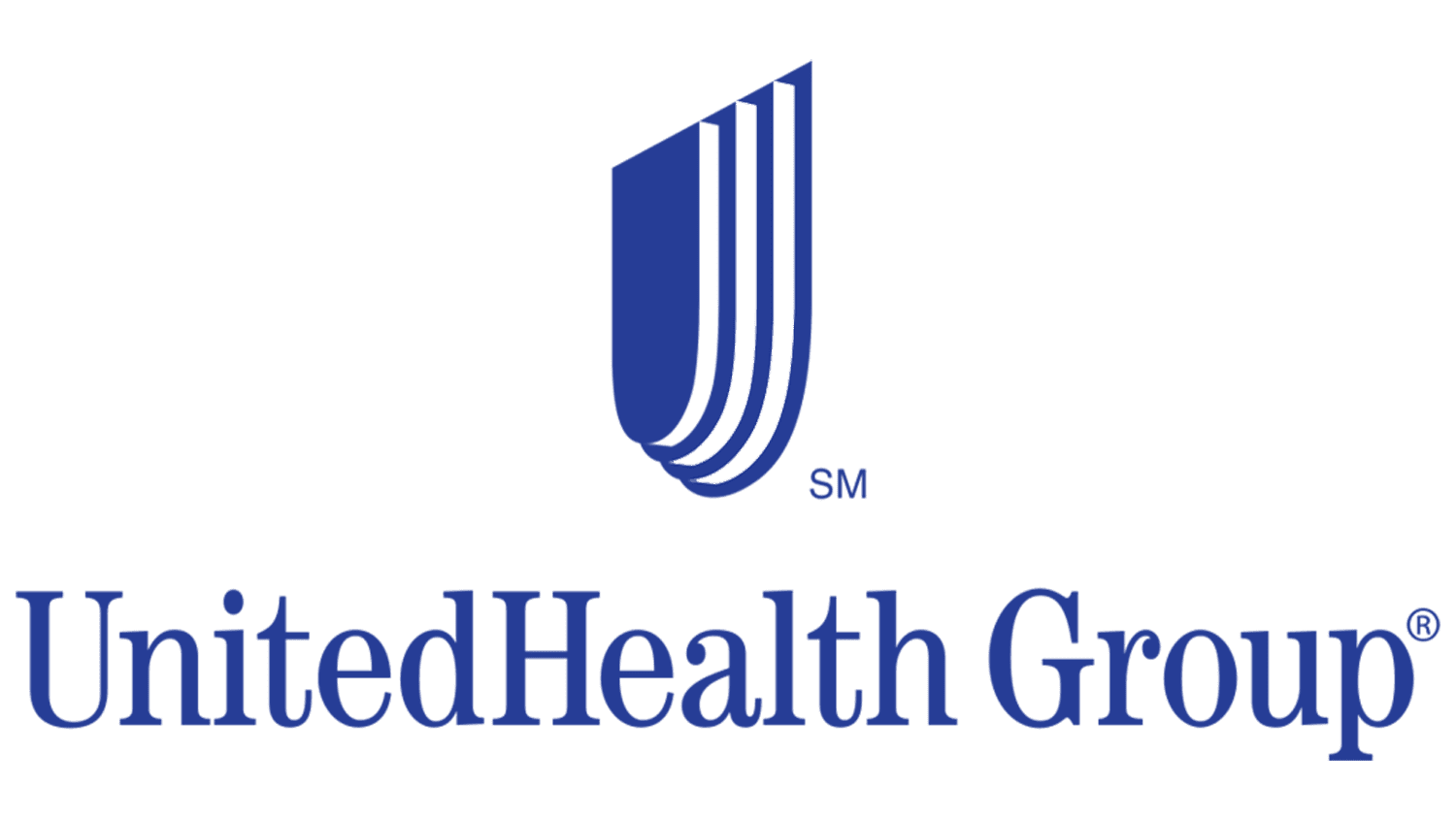The Importance of Mental Health Treatment
Understanding and addressing mental health issues is crucial for overall well-being. Depression, a common mental health disorder, affects millions of people. Effective treatment can relieve symptoms, improve quality of life, and prevent serious consequences.
Understanding Depression
Depression is more than just feeling sad or down occasionally. It is a serious medical condition that can interfere with daily life. Symptoms may include persistent sadness, loss of interest, fatigue, restlessness, and sleep problems. Depression can also manifest as physical ailments like aches and pains, and in severe cases, lead to suicidal thoughts (NCBI Bookshelf).
Depression can affect anyone regardless of age, gender, or background. It is essential to recognize the signs and seek help early. Multiple factors, including genetics, brain chemistry, and life events, can contribute to the onset of depression.
Seeking Professional Support
Seeking professional support is vital for managing depression effectively. Many individuals benefit from consulting a psychiatrist, psychologist, or other mental health professionals. Treatment options include medications, psychotherapy, or a combination of both.
Why Professional Support Matters
- Accurate Diagnosis: A trained professional can diagnose depression accurately, which is essential for effective treatment.
- Personalized Treatment Plans: Mental health professionals develop treatment plans tailored to individual needs, combining therapies and medications as necessary.
- Monitoring Progress: Regular check-ins with a professional help in monitoring progress and adjusting treatment as needed.
Treatment Settings
- Outpatient Programs: Suitable for managing mild to moderate depression. Programs like intensive out-patient programs offer structured counseling sessions without requiring an overnight stay.
- Partial Hospitalization: For more severe cases, partial hospitalization programs provide intensive care while allowing individuals to return home at night (Mayo Clinic).
- Residential Treatment: Transitional independent living options support those in recovery, providing a structured environment and continuous support.
- Day Programming: Day programming offers daily support and therapy, ideal for those needing regular but less intensive care.
| Treatment Approach | Description | Suitable For |
|---|---|---|
| Outpatient Programs | Counseling sessions without staying overnight | Mild to moderate depression |
| Partial Hospitalization Programs | Intensive care with daily return home | Severe depression |
| Residential Treatment | Continuous support in a structured environment | Chronic or unmanageable depression |
| Day Programming | Regular support and therapy sessions | Consistent but less intensive care |
Finding the right [depression treatment] that fits one’s needs is essential. If one method does not work, alternatives should be explored in consultation with a healthcare professional. For those dealing with complex forms of depression, like bipolar disorder or schizoaffective disorder, a combination of treatments including mood stabilizers, antipsychotics, and antidepressants may be necessary.
Early intervention and ongoing support can significantly improve outcomes for individuals with depression. With professional help, those struggling with depression can embark on the path to recovery and lead fulfilling lives. For more tailored treatment options, explore our resources on cognitive behavioral therapy, dialectical behavior therapy, and emdr therapy.
Treatment Approaches for Depression
When it comes to managing depression, there are several effective treatment approaches available. At Bright Path Program, we understand the importance of a personalized approach to mental health care. Here, we will discuss three primary treatment methods: psychological therapies, medication options, and combination therapies.
Psychological Therapies
Psychological therapies play a significant role in treating depression. These therapies can help individuals understand their condition, manage stress, and develop coping strategies. According to NIH, psychological treatments can relieve acute moderate to severe depression effectively, just as medication can. Here are some commonly used psychological therapies:
- Cognitive Behavioral Therapy (CBT)
- Dialectical Behavior Therapy (DBT)
- Radically Open Dialectical Behavior Therapy (RO DBT)
These therapies focus on changing negative thought patterns, improving emotional regulation, and building healthier behaviors. Individual counseling with a professional therapist, such as a psychiatrist, psychologist, social worker, or nurse practitioner, is a critical component of these therapies.
Medication Options
Medications are another cornerstone of depression treatment. Antidepressants are commonly prescribed to relieve symptoms such as feeling down, exhaustion, restlessness, anxiety, sleep problems, and suicidal thoughts (NCBI Bookshelf). They are effective in moderate, severe, and chronic depression but not typically recommended for mild cases.
Antidepressants are generally safe, non-addictive, and effective. However, they may take several weeks to show noticeable effects, and tapering off should be done gradually under medical supervision.
Combination Therapies
For individuals with severe depression, a combination of psychological treatment and medication may offer the best results. Combination therapies involve using antidepressants along with psychological therapies to address both the emotional and biochemical aspects of depression. This dual approach can be more effective than medication alone.
At Bright Path Program, we also provide intensive outpatient programs and partial hospitalization programs that incorporate combination therapies. These programs are designed to offer comprehensive care and support to individuals struggling with severe depression and co-occurring conditions such as anxiety and substance abuse.
Summary Table
| Treatment Approach | Key Components | Best For |
|---|---|---|
| Psychological Therapies | CBT, DBT, RO DBT, Individual Counseling | Mild to Moderate Depression |
| Medication Options | SSRIs, SNRIs, Tricyclics, MAOIs | Moderate to Severe Depression |
| Combination Therapies | Antidepressants + Therapy | Severe Depression, Co-occurring Conditions |
For more information on the various treatment options available and finding the best approach for your needs, you can explore our day programming and transitional independent living services. Each treatment plan is tailored to fit the individual’s unique circumstances and ensure the best possible outcomes.
Benefits of Psychological Treatments
Psychological treatments play a significant role in addressing depression. We offer these treatments to help individuals navigate through their mental health challenges and provide the support needed for recovery.
Types of Therapy
There are various psychological treatments available for depression, and each offers unique benefits. Here are some commonly used approaches:
- Cognitive Behavioral Therapy (CBT): This therapy focuses on identifying and challenging negative thought patterns and behaviors. Studies have shown that CBT can effectively relieve symptoms of moderate to severe depression (NIH).
- Dialectical Behavior Therapy (DBT): Originally developed for borderline personality disorder, DBT is beneficial for depression as it combines cognitive-behavioral techniques with mindfulness strategies.
- Radically Open Dialectical Behavior Therapy (RO-DBT): This therapy specifically targets disorders of over-control, such as chronic depression, by improving emotional openness.
- Psychoanalytic Therapy: This approach aims to uncover and resolve unconscious conflicts by exploring past relationships and experiences. It is beneficial for individuals seeking to understand the root causes of their depression (NCBI Bookshelf).
- Systemic Therapy: Focuses on improving relationships within family systems, addressing interactions that may contribute to an individual’s depression.
Importance of Therapeutic Relationships
The relationship between the patient and therapist is crucial for the success of any psychological treatment. A respectful, open-minded, and empathetic therapist can significantly impact the effectiveness of the therapy (NIH). Here are some key aspects of a therapeutic relationship:
- Empathy: Understanding the patient’s feelings and emotions fosters a trusting environment.
- Respect: Valuing the patient’s experiences and providing a non-judgmental space.
- Realistic Expectations: Helping the patient set achievable goals and manage expectations realistically.
Studies have shown that a strong therapeutic relationship can enhance treatment outcomes, providing the patient with a sense of validation and support. This relationship is a foundational element in therapies such as CBT and DBT.
| Key Aspects of a Therapeutic Relationship | Benefits |
|---|---|
| Empathy | Fosters trust and understanding |
| Respect | Creates a non-judgmental environment |
| Realistic Expectations | Encourages achievable goals and progress |
We are committed to offering the highest quality of psychological therapies to support mental health recovery. For those seeking comprehensive treatment plans that combine psychological therapies with other approaches, we recommend exploring our partial hospitalization program or intensive out-patient program. These programs provide a structured environment for individuals who need more intensive support.
For additional resources and information on our psychological treatments and other services, visit our pages on day programming and transitional independent living.
Explore Alternative Treatment Options
We understand that finding the right depression treatment can be challenging. At Bright Path Program, we offer a range of alternative treatment options that can complement traditional therapies. These alternative treatments can provide additional support and help manage symptoms.
Complementary and Alternative Medicine
Complementary and Alternative Medicine (CAM) includes various non-conventional therapies that can be used alongside or in place of traditional treatments. CAM therapies for depression may include acupuncture, herbal remedies, and mindfulness meditation. While these treatments are not guaranteed to cure depression, some individuals find them beneficial in managing their symptoms (Cleveland Clinic).
Acupuncture and Body-Mind Techniques
Acupuncture involves inserting thin needles into specific points on the body to balance energy flow. Some studies suggest that acupuncture may help in reducing depression symptoms. Body-mind techniques such as yoga, tai chi, and meditation focus on the connection between the mind and body to promote relaxation and mental well-being.
Potential Benefits and Considerations
- Acupuncture and body-mind techniques may help reduce stress and anxiety.
- These therapies can enhance overall well-being and complement traditional treatments.
- Consult a healthcare provider before starting any CAM therapy to ensure it is safe and appropriate.
For more information on alternative therapies and how they can be integrated into your treatment plan, explore our partial hospitalization program and intensive out-patient program.
Exercise as a Natural Treatment
Exercise is a powerful but often overlooked natural treatment for depression. Regular physical activity can help improve mood, reduce anxiety, and boost overall mental health. Exercise stimulates the release of endorphins, which are natural mood lifters. It also promotes better sleep, reduces stress, and increases energy levels.
Benefits of Exercise
- Improves mood and reduces symptoms of depression.
- Enhances self-esteem and cognitive function.
- Reduces stress and anxiety levels.
| Type of Exercise | Recommended Frequency | Potential Benefits |
|---|---|---|
| Aerobic Exercise | 3-5 times per week | Improves cardiovascular health, boosts mood |
| Strength Training | 2-3 times per week | Increases muscle mass, enhances self-esteem |
| Yoga/Pilates | 2-3 times per week | Promotes relaxation, reduces stress |
| Walking | Daily | Easy to incorporate, enhances overall well-being |
Incorporating exercise into daily routines can be an effective strategy for managing depression. Structured exercise programs can be part of our day programming, helping individuals develop and maintain healthy habits.
We recommend consulting with a healthcare provider before starting any new exercise regimen, especially for those with severe symptoms. For additional tips on managing depression and integrating exercise into your routine, check out our tips for straightening curly hair.
At Bright Path Program, we are committed to providing comprehensive treatment options. Explore our cognitive behavioral therapy and dialectical behavior therapy services for more personalized treatment plans.

